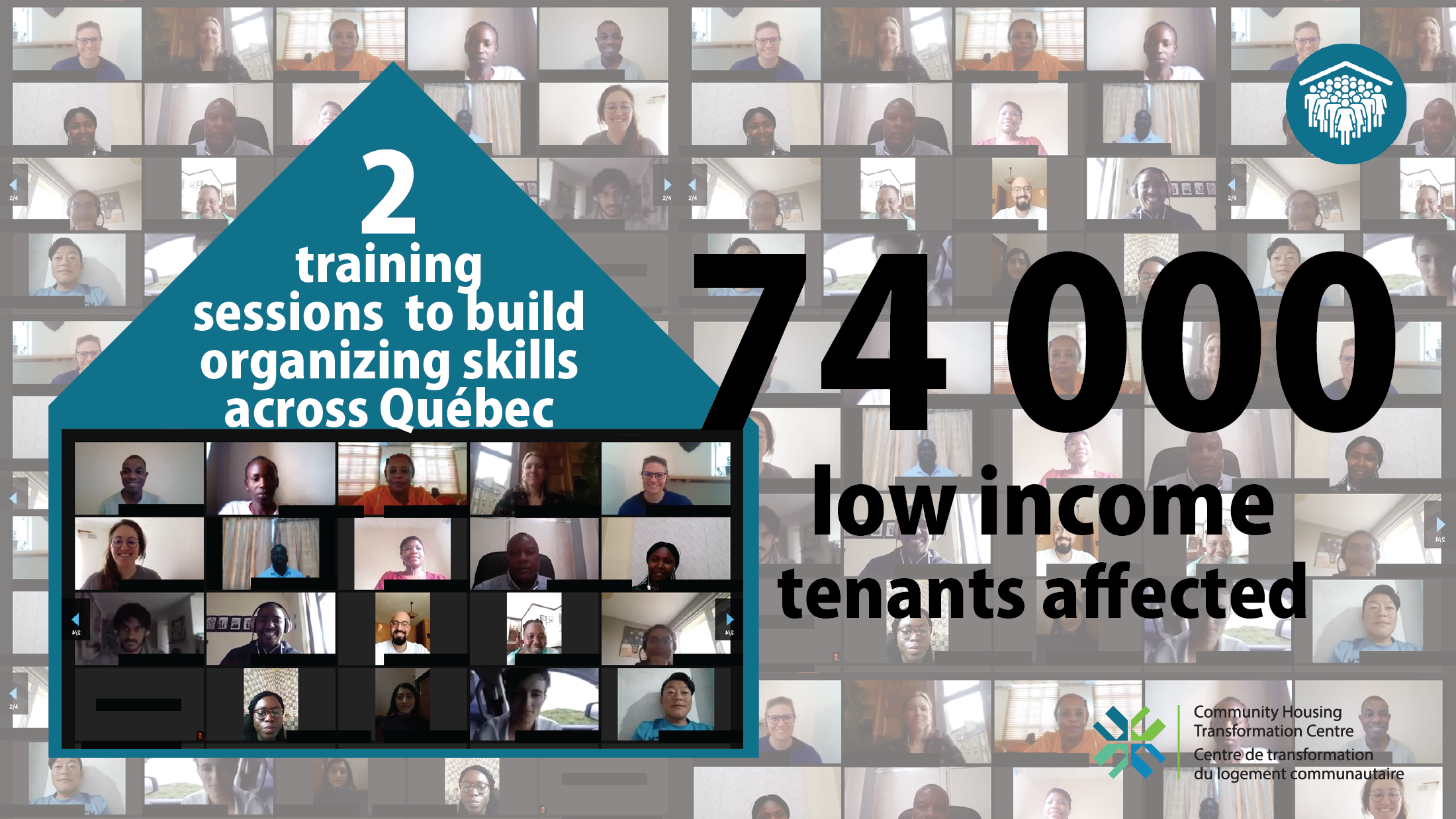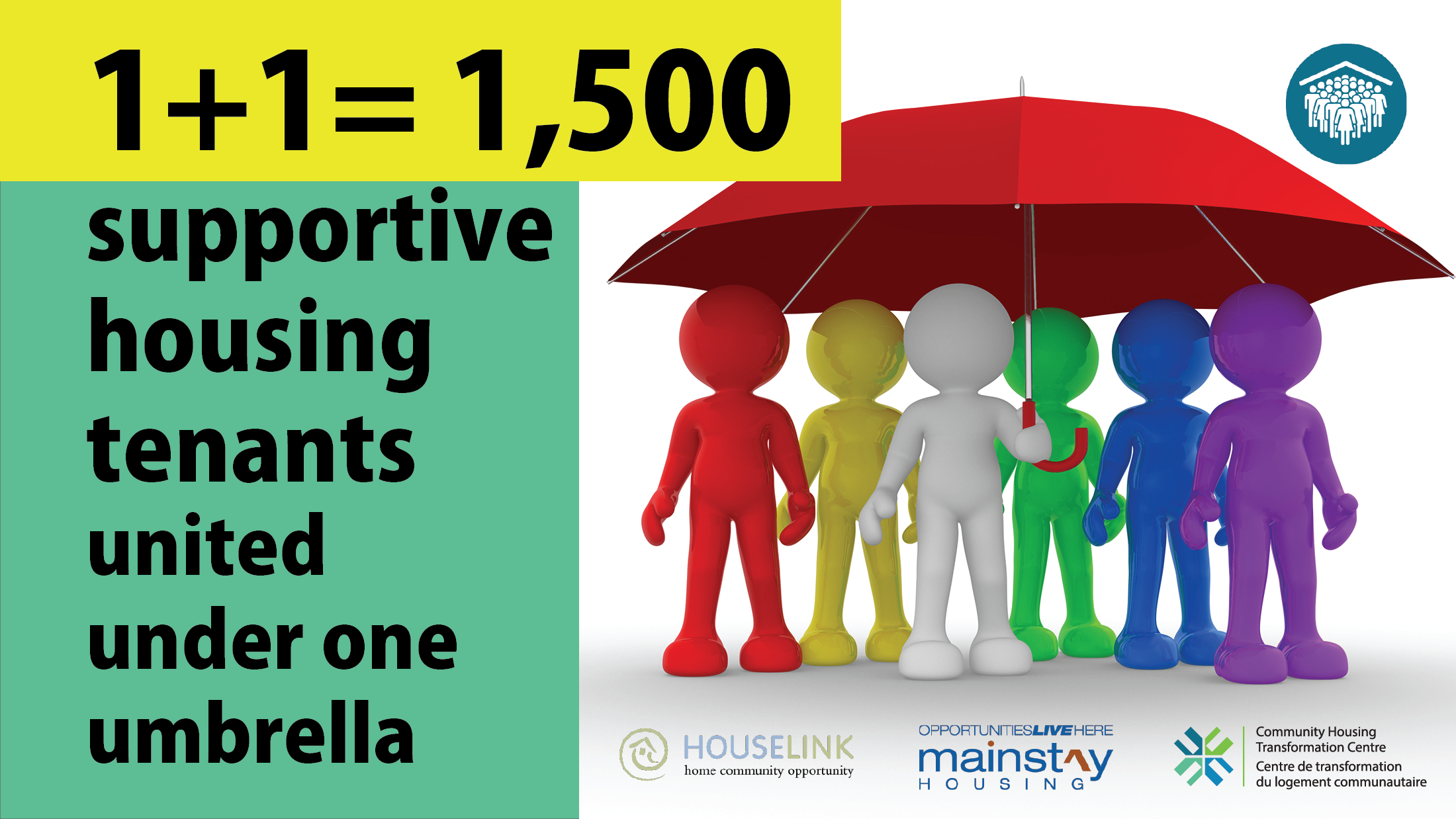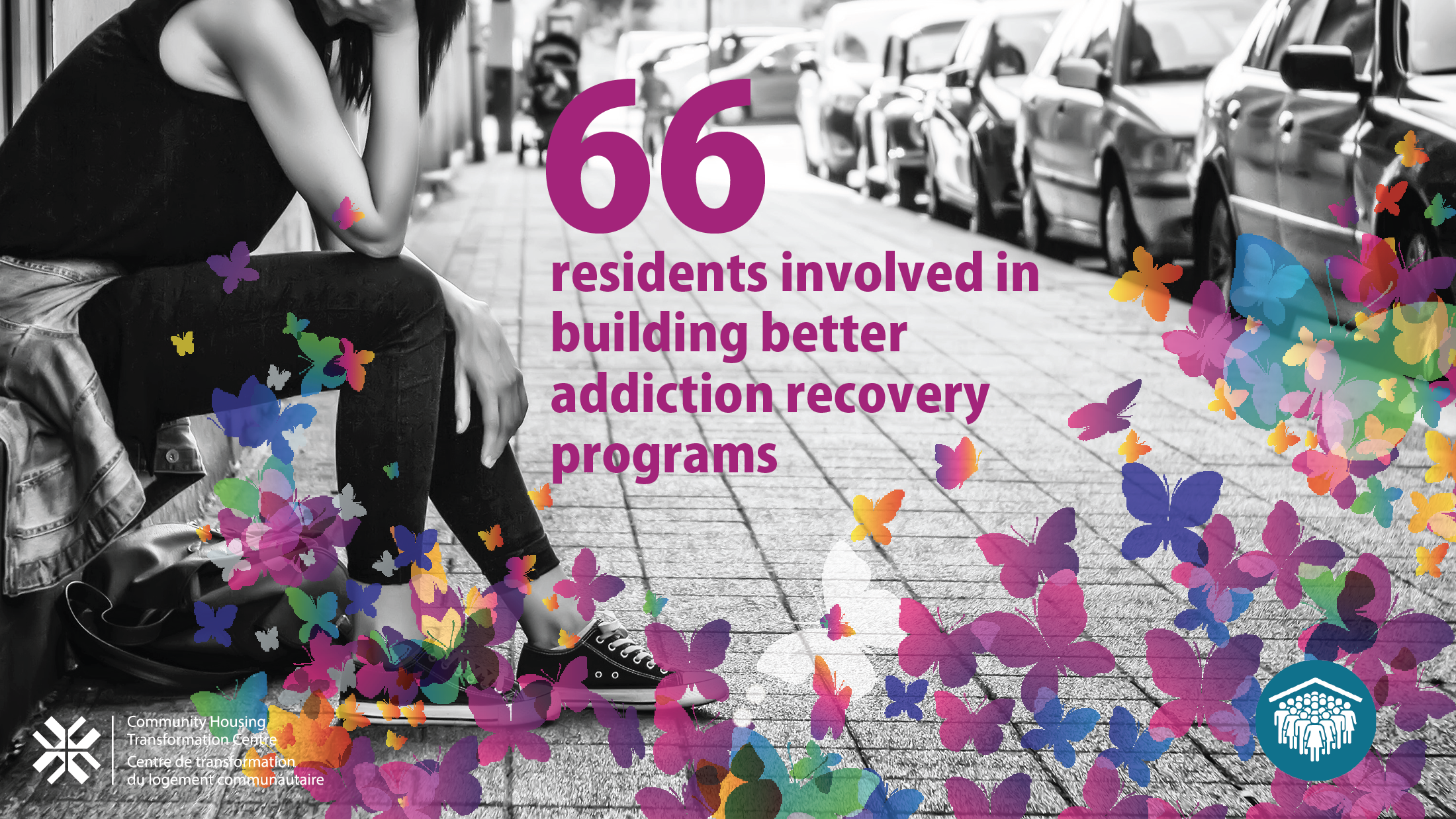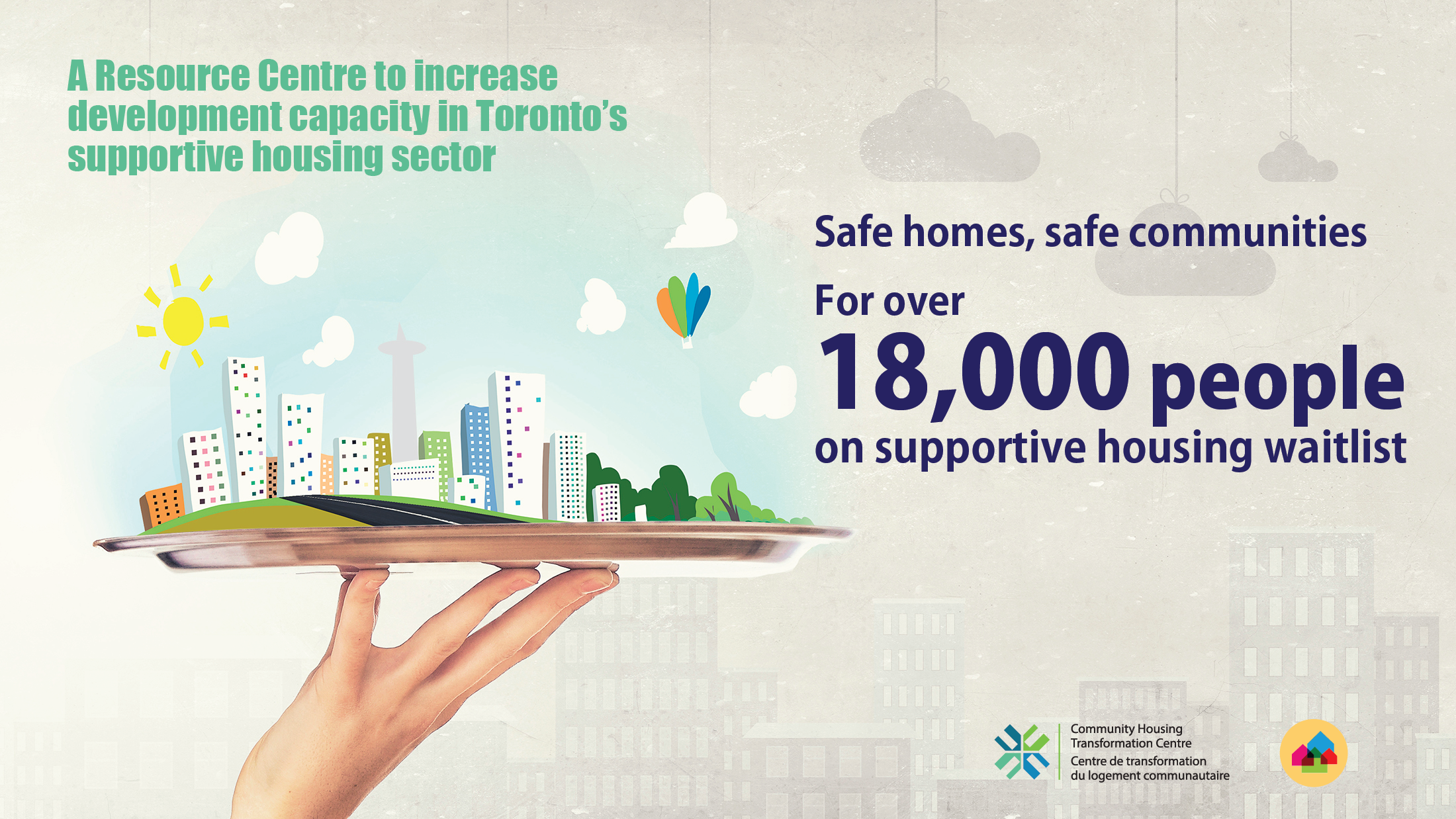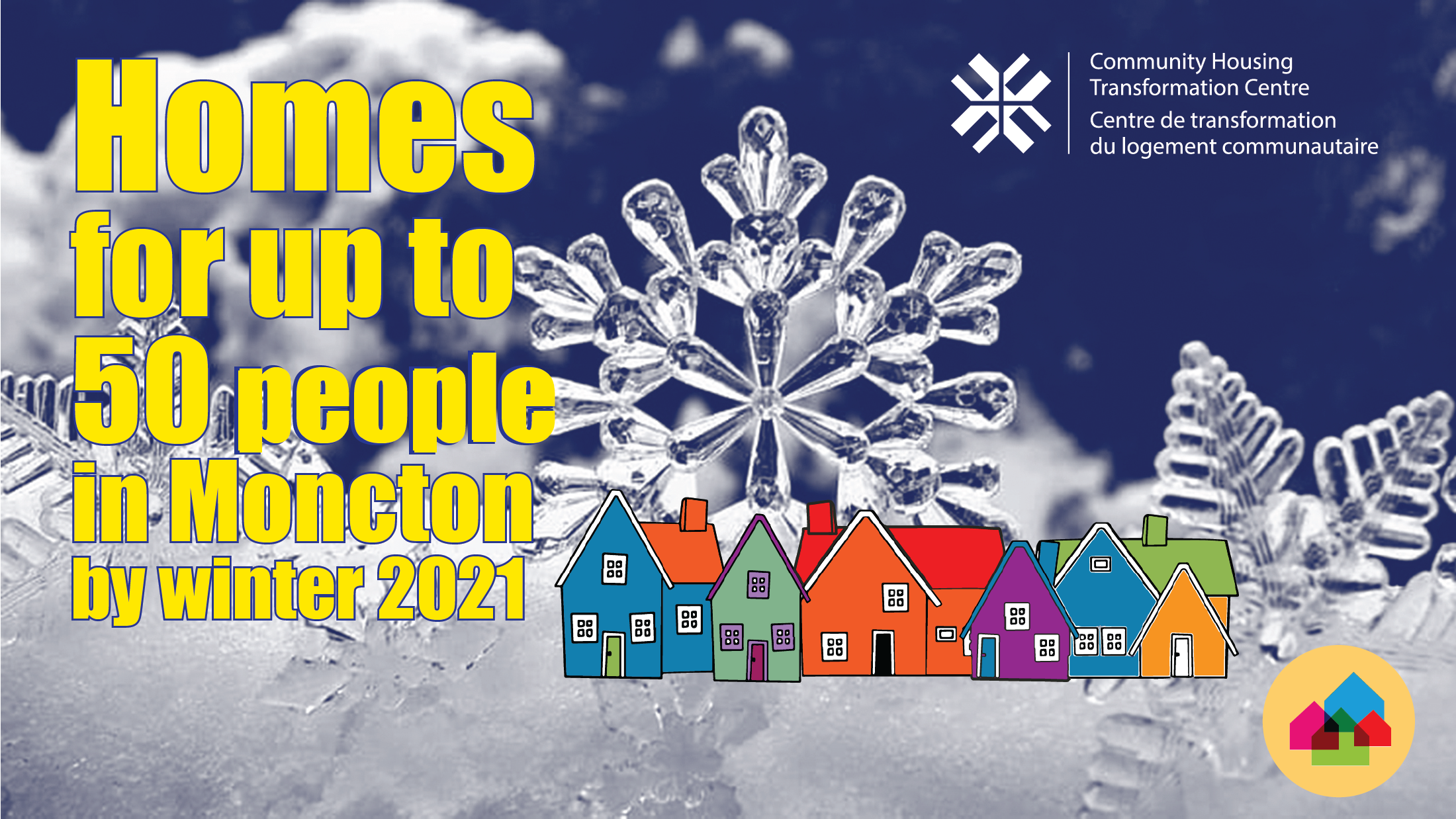Sector Growth
We believe it is necessary to anchor the development of the community housing stock in long-term growth, so that housing providers and organizations in the sector can build their capacity to operate more sustainably.
Over the past ten years, an average of 201,070 new homes have been built per year across the country. Over the same ten years, the number of households has increased by nearly 150,293 per year.
Yet, according to the 2011 and 2016 censuses, 322,600 affordable housing units disappeared during that interval. The indicators available to us since 2016 even tend to show that the loss could be at least at 500,000 units, especially since the total net number of community housing units has been stagnant at 600,000 for the past 25 years. Even the Canadian government’s National Housing Strategy limits its aspirations to 50,000 new community housing units by 2028, out of a total of 100,000 new affordable homes.
There are three distinct levers that the community housing sector can use to foster sector growth:
- Advocating for the sector as much in the public arena as with policy makers, including for budgetary, regulatory and policy measures that support rapid community housing development
- Leveraging our assets, as the community housing movement has resources that include land, buildings and financial reserves which, if well co-ordinated, can make a real difference
- Using our creativity and innovation to maximize our gains and efficiency for the benefit of marginalized communities
We therefore commit to:
- Encourage and facilitate sustainable growth through existing funding mechanisms
- Support the exploration of new growth strategies such as acquisition and land trusts
- Enhance the dissemination and use of promotional tools that promote community housing as a solution for the future
- Identify and address sector gaps in emerging issues and overlooked opportunities, including the impact of economic boom and bust cycles

Self-Assessment Tools
Run a health check on your organization using the Organizational Compass and the Green Compass. Fill out our free online self-assessment form to:
- Identify your strengths and weaknesses
- Access an automatically generated action plan
- Consult the list of resources available to implement the plan

Grants
- Local Projects
- Sectoral Projects
- Nunalingni Piruqpaalirut Fund
- Nova Scotia’s Community Housing Growth Fund

Services
- Energy efficiency coaching services
- Self-assessment tools
- Resource inventory
- Special projects
News on sector growth

Community Housing Growth Fund: Strengthening sector capacity, promoting transformation and growth
The Community Housing Growth Fund (CHGF) is a funding model originally developed for Nova Scotia in collaboration with the provincial government. It is a small revolution for the province, with […]

Before you plan your next steps – Check your compass
So, how’re things? Now that 2023 is winding down and the dust is beginning to settle on the turbulent past few years – how is your organization? What have you […]
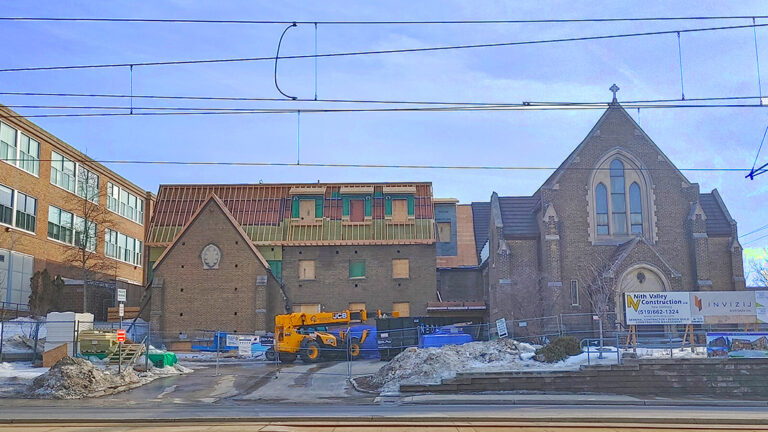
Unlocking faith-based real estate for community housing
The groundwork for a major conversation between local governments, faith-based groups, and community housing players will be laid on October 25th at ONPHA’s pre-conference Building for Belonging. Organized by the […]
Awarded Grants
Discover projects related to sector growth

